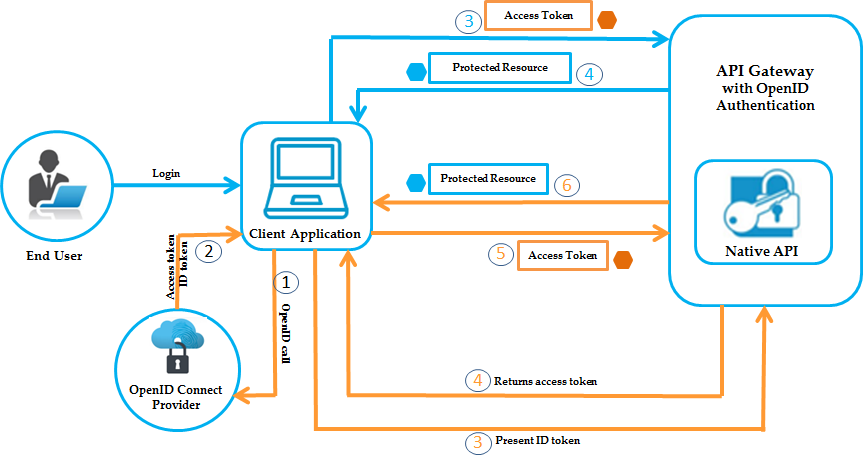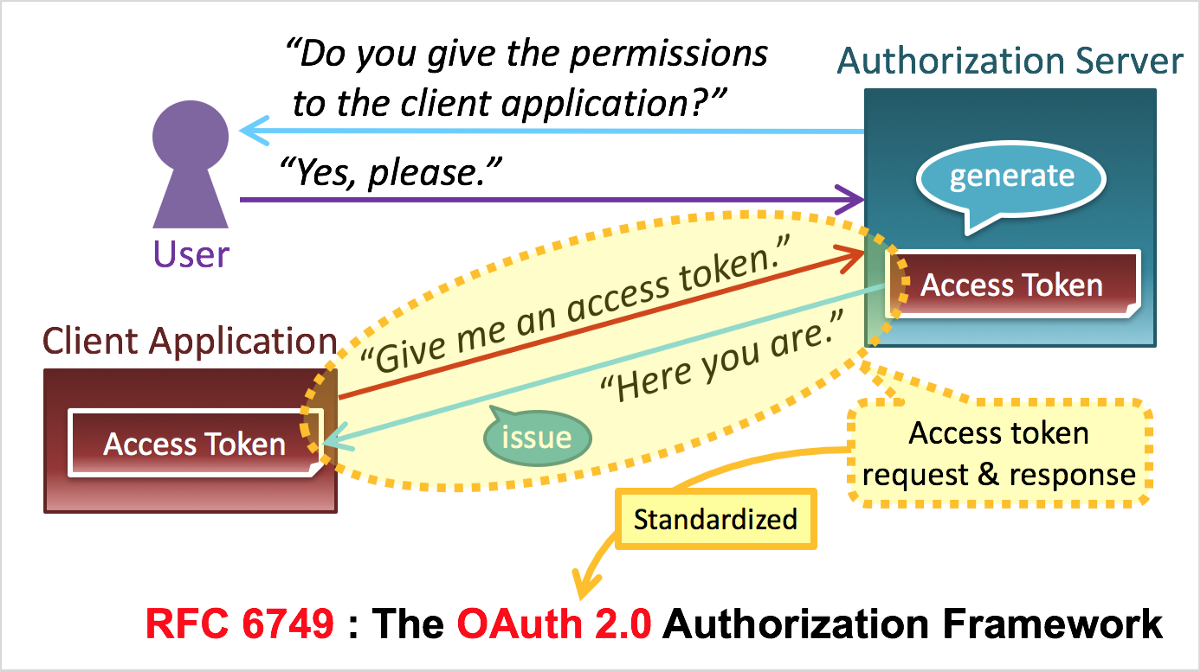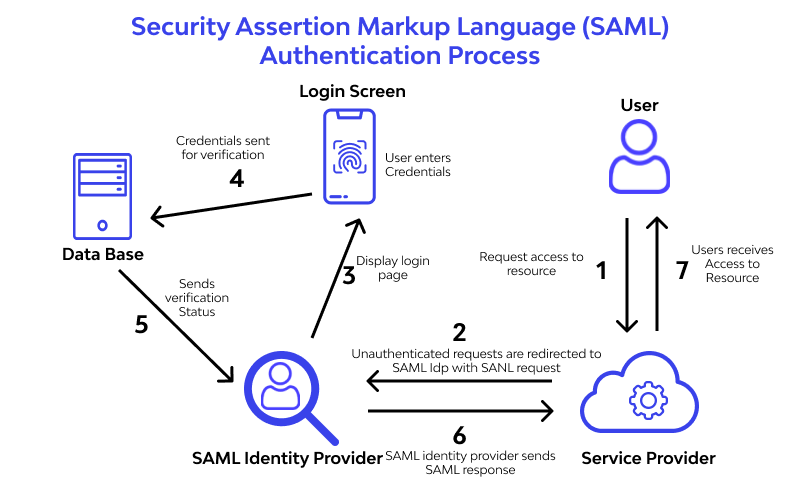Standard Protocols
Overview
IgniteConnex Identity is based on standard protocols and provides support for below:

OpenID Connect
OpenID Connect (OIDC) is an identity layer built on top of the OAuth 2.0 framework. It allows third-party applications to verify the identity of the end-user and to obtain basic user profile information. OIDC uses JSON web tokens (JWTs), which you can obtain using flows conforming to the OAuth 2.0 specifications.

What is OpenID Connect used for?
OpenID Connect (OIDC) is an open authentication protocol that works on top of the OAuth 2.0 framework. Targeted toward consumers, OIDC allows individuals to use single sign-on (SSO) to access relying party sites using OpenID Providers (OPs), such as an email provider or social network, to authenticate their identities.
OAuth 2.0
OAuth 2.0, which stands for “Open Authorization”, is a standard designed to allow a website or application to access resources hosted by other web apps on behalf of a user. It replaced OAuth 1.0 in 2012 and is now the de facto industry standard for online authorization.

The OAuth 2.0 authorization framework is a protocol that allows a user to grant a third-party web site or application access to the user's protected resources, without necessarily revealing their long-term credentials or even their identity.
SAML
Security Assertion Markup Language, or SAML, is a standardized way to tell external applications and services that a user is who they say they are. SAML makes single sign-on (SSO) technology possible by providing a way to authenticate a user once and then communicate that authentication to multiple applications.

SAML - Most commonly used by businesses to allow their users to access services they pay for. Salesforce, Gmail, Box and Expensify are all examples of service providers an employee would gain access to after a SAML login. SAML asserts to the service provider who the user is; this is authentication.